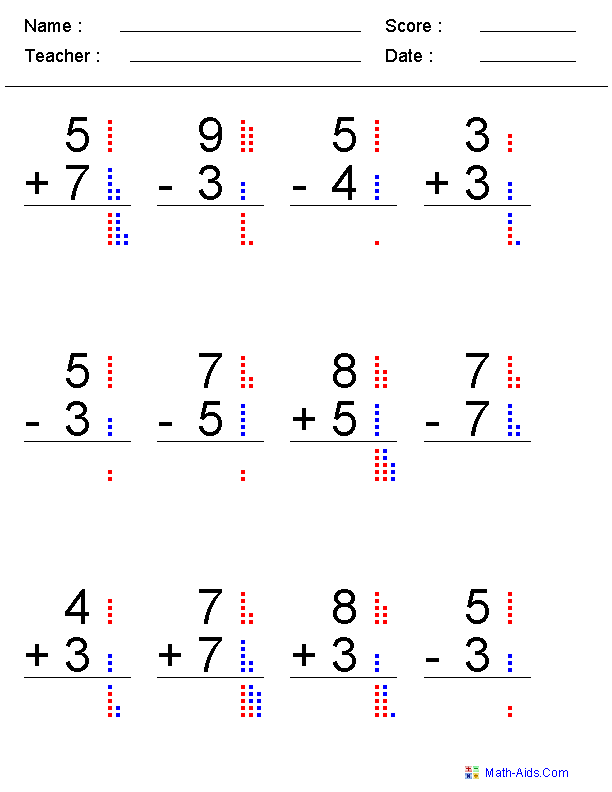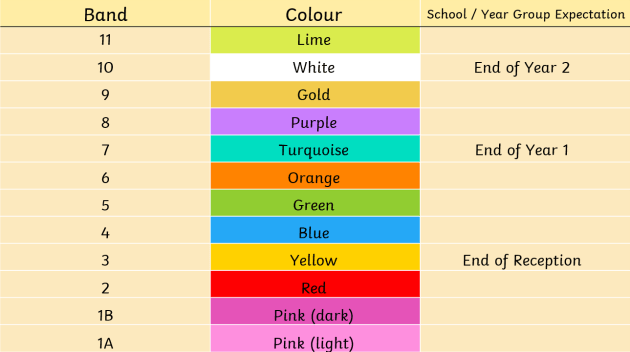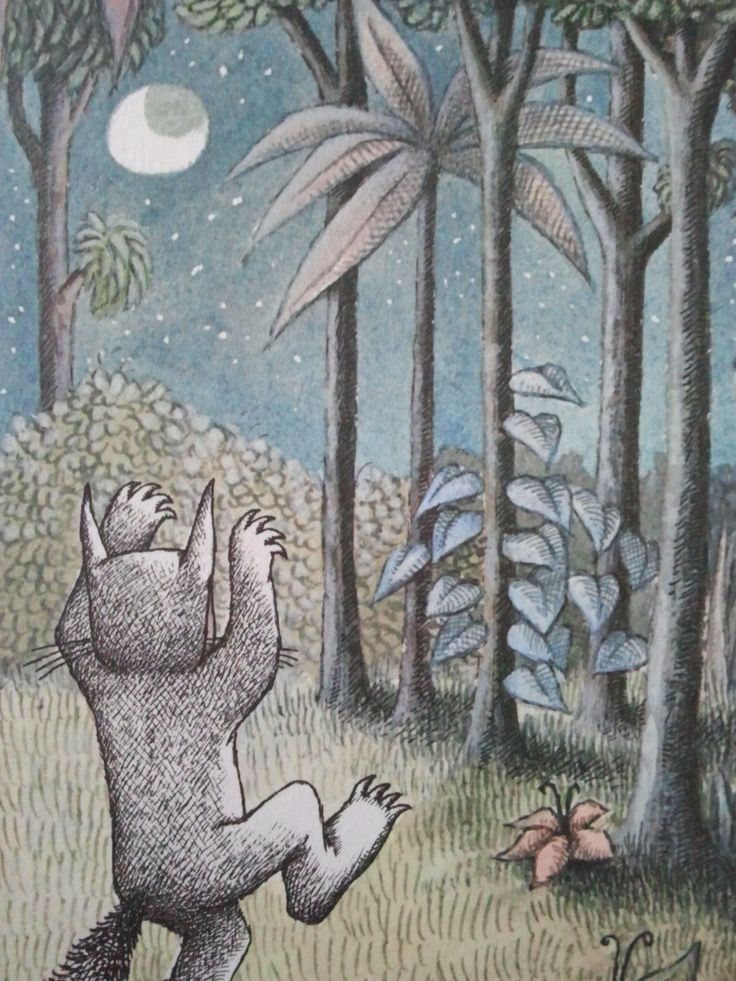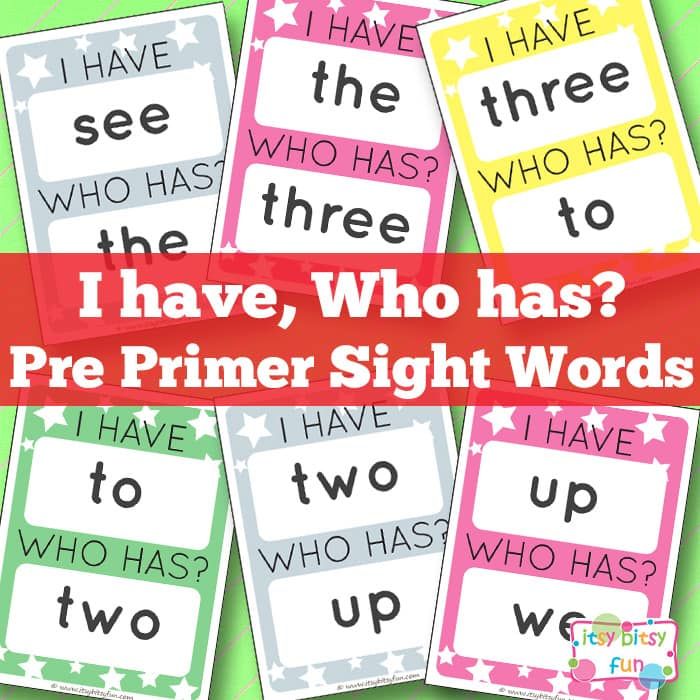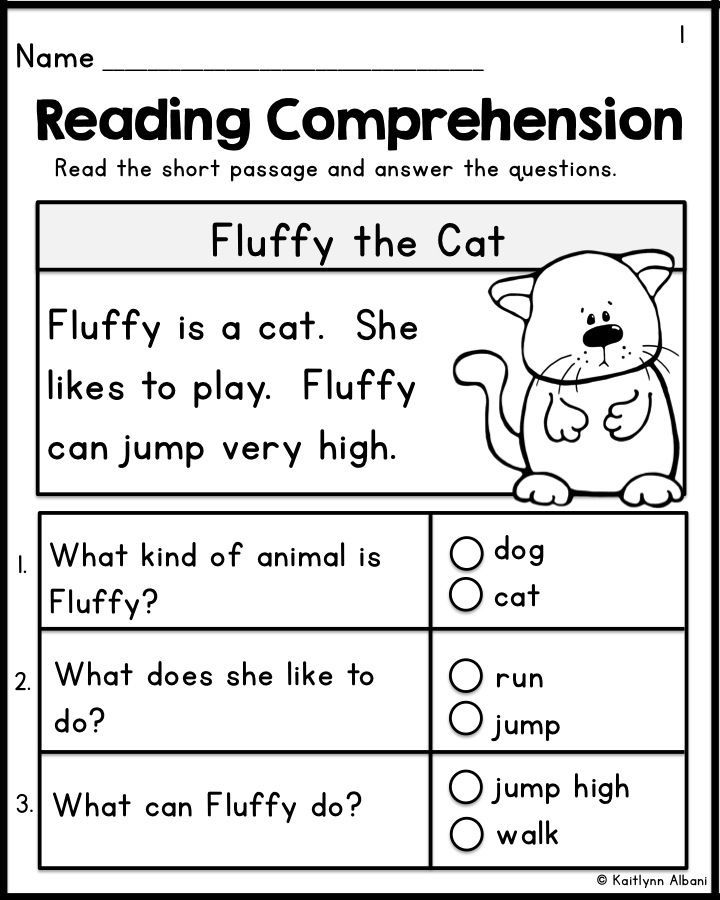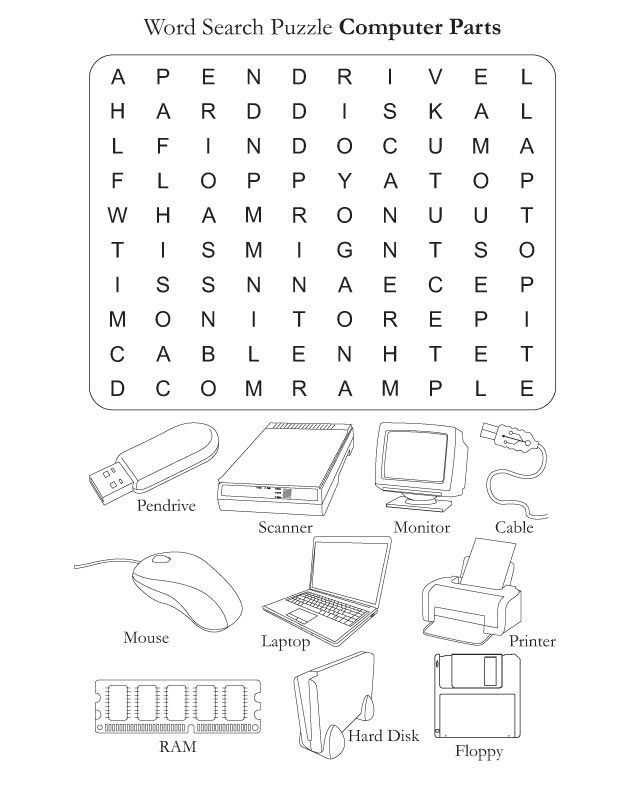List of short vowel o words
List of Short Vowel Words
The English language provides a list of short vowel words that seem to be never ending. A short vowel word is any word that doesn't allow the vowel within it to generate that vowel's long vowel sound.
List of Short Vowel Words
For example, the word "bug" is a short vowel word because there's no long "U" sound. A word doesn't necessarily have to have three letters to be a short vowel word, but it makes for the easiest example and three-lettered words make up the bulk of any list of short vowel words. Let's take a look.
Advertisement
Short Vowel Sounds in Words
Here's the reason why words with only three letters typically make the short vowel sound. Three letters usually don't allow for a second vowel to force the long vowel sound out. Exceptions include words like "bee" or "tea."
These words use a second vowel to force the long vowel sound from the first one, while other words like "ant" or "mat" use the placement of consonants to force a short vowel sound.
But, here's an important point to keep in mind. The words listed below are short vowel sounds, not short vowel spellings. That is, just because a word is short, doesn't mean it will automatically have a short vowel sound. And vowel as written doesn't always correspond with the sound it makes. Take the word "pretty." The E is sounded like a short I, and the Y is sounded like a long E. Phonetically, it sounds more like "prit-tee," not "pret-tai."
Likewise, we can't assume a long word will automatically have a long vowel sound. Let's look at the word "business." The U and E in "business" are also sounded like a short I, and the I is silent altogether. Phonetically speaking, we don't pronounce it "buss-eye-ness." It's more like "biz-niss." With that in mind, let's explore more short vowel words, sorted by letter.
Short "A" Words
The short A sound is what you hear in words like "bat" or "map." Here are some other great examples of words with the short A sound.
act | apt | ask | bat | bad | bag | cat |
cap |
cab | dad | dab | Dan | fan | fat |
fad | gap | gab | gal | gas | ham | has |
had | hat | jab | jam | lab | lad | lag |
lap | man | mad | mat | map | nap | pan |
Pam | pad | pal | ran | ram | rag | rat |
Sam | sad | sag | sat | sap | tab | tan |
tad | tag | tap | van | vat | yam | zap |
Advertisement
Short "E" Words
The short E sound is what you hear in words like "gem" or "hem.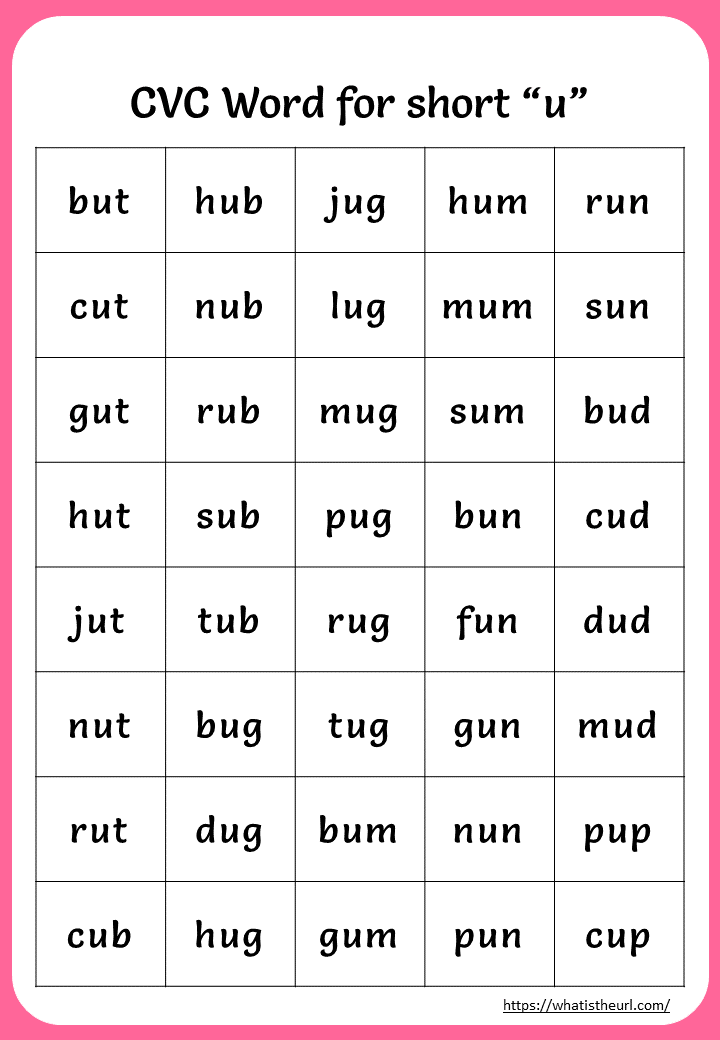 " Here are some other great examples of words with the short E sound.
" Here are some other great examples of words with the short E sound.
ben | bed | beg | bet | den | fed |
gem | get | gel | hen | hem | jet |
keg | led | leg | let | men | met |
net | pen | peg | pet | red | set |
ten | Ted | vet | yet | wed | wet |
Short "I" Words
The short I sound is what you hear in words like "dim" or "fib." Here are some other great examples of words with the short I sound.
bin | bid | big | bit | dim | did |
dig | dip | fin | fig | fit | gin |
gig | him | his | hid | hit | hip |
jib | jig | kin | kid | kit | lid |
lit | lip | nip | pin | pig | pit |
rim | rid | rig | rip | sin | sit |
sip | tin | tip | win | wit | zip |
Short "O" Words
The short O sound is what you hear in words like "con" or "nod.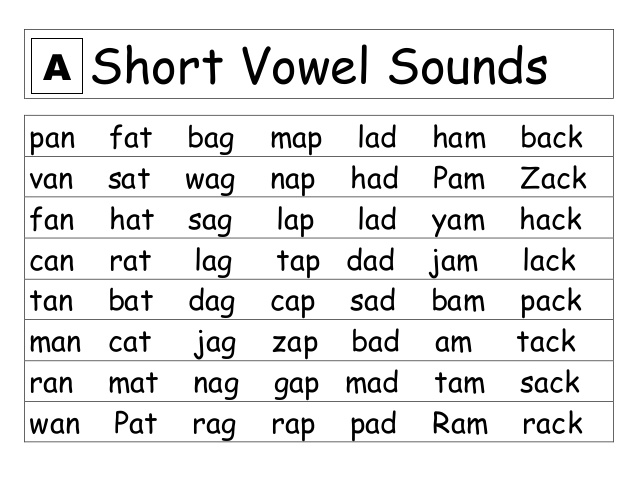 " Here are some other great examples of words with the short O sound.
" Here are some other great examples of words with the short O sound.
bog | bop | con | cod | cog | cot |
cop | don | dog | dot | fog | god |
got | hog | hot | jog | jot | lob |
log | lot | lop | mob | mom | mop |
nod | not | odd | pod | pop | pot |
rod | rot | sod | Tom | tot | top |
Short "U" Words
The short U sound is what you hear in words like "bus" or "hum." Here are some other great examples of words with the short U sound.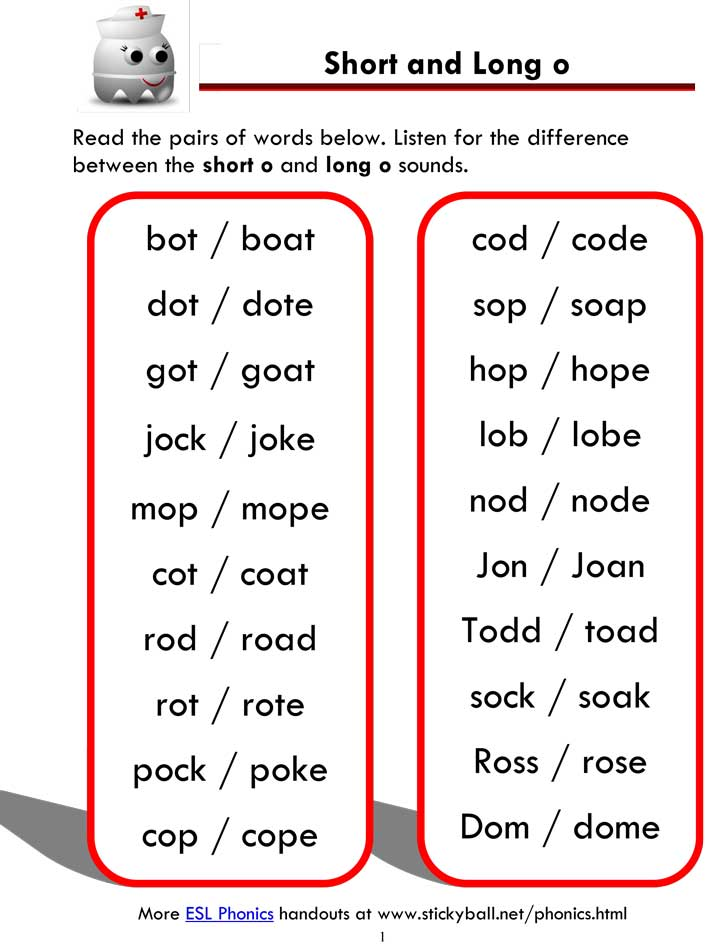
bun | bum | bus | bud | bug | but |
cud | cut | cup | dug | fun | gun |
gum | Gus | gut | hum | hug | hut |
jug | jut | lug | mug | nun | nut |
pun | pug | pup | rub | run | rum |
rug | rut | sub | sun | sum | tug |
View & Download PDF
Advertisement
Using Short Vowel Sounds
Though the above list of words with short vowels is incomplete, you can use it to understand the basic usage for the short vowel sounds. These short vowel sounds are often used in larger words as well.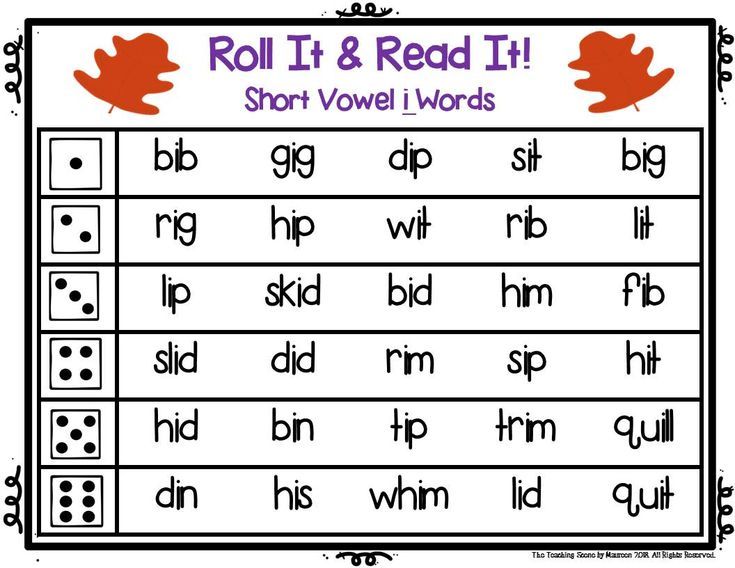 You might see them in words that also contain long vowel sounds, or even in two-lettered words, like "in," "it," and "at." Longer words, such as "magistrate" or "fascinate," use both short long vowel sounds.
You might see them in words that also contain long vowel sounds, or even in two-lettered words, like "in," "it," and "at." Longer words, such as "magistrate" or "fascinate," use both short long vowel sounds.
Some words use the short vowel sound and the long vowel sound, depending on the tense of the word. Words like "read," for example, are pronounced as the long vowel sound when the tense is present. For example, "We are reading this list of short vowel words."
However, when the tense is changed from present to past tense, the long vowel sound is taken away and the short vowel sound is introduced in the same word. For example, "I read the list of short vowel words, and understand much better now."
Pronunciation Pros
If you're teaching short vowel sounds to little learners, practice makes perfect. If you're teaching ESL students, here are some tips and resources for teaching ESL pronunciation. And, when you're ready for the flip side of the coin? Take a look at these examples of long vowel words too.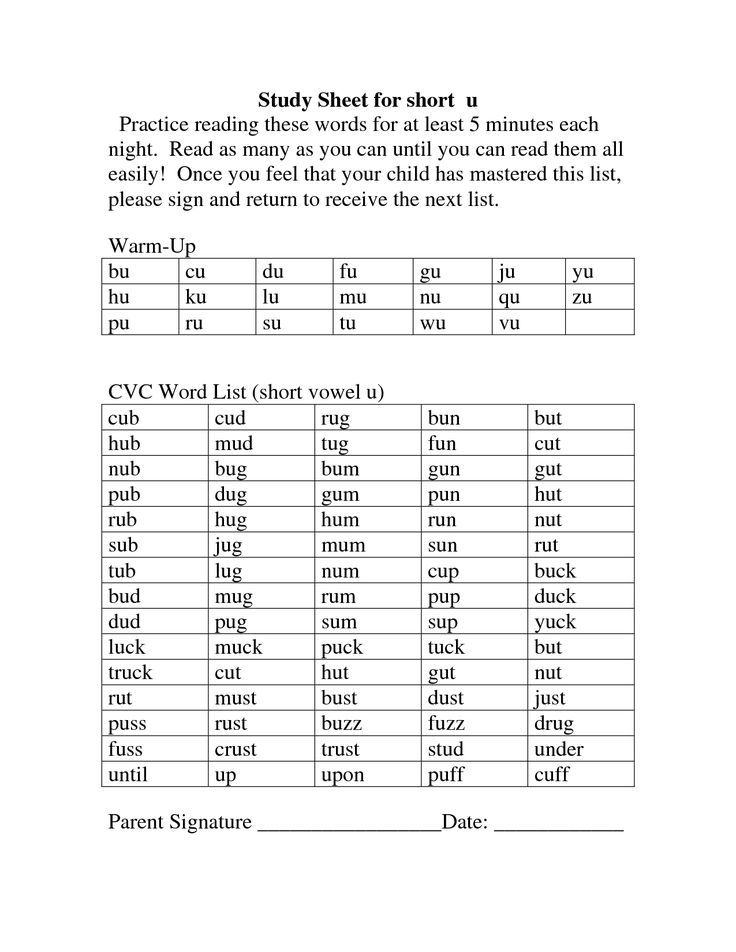 You might also want to explore when "y" is a vowel.
You might also want to explore when "y" is a vowel.
170 Common Short O Words with Useful Examples in English • 7ESL
Pin
The short o sounds can be made in many different ways in the English language. Short o is most commonly found with the letter o and letter teams au and aw. However, there are several other options for making the short o sound as well. Here is some information regarding what a short o word is, the different ways to spell the short o sound, and a list of short o words to help understand this vowel sound. Be prepared, as some of them look a little funny.
Table of Contents
Short O Word
What is a Short O Word?
A short o word is a word that makes a sound like “ahh” or “aw”. The vowel sound is considered short when it makes a sound that does not sound like the vowel’s name, “oh”. This sound is not always made by using the letter o and can be tricky to spot. As you’ll see below, there are some letter teams that might seem like they don’t belong, but are definitely part of the short o word family.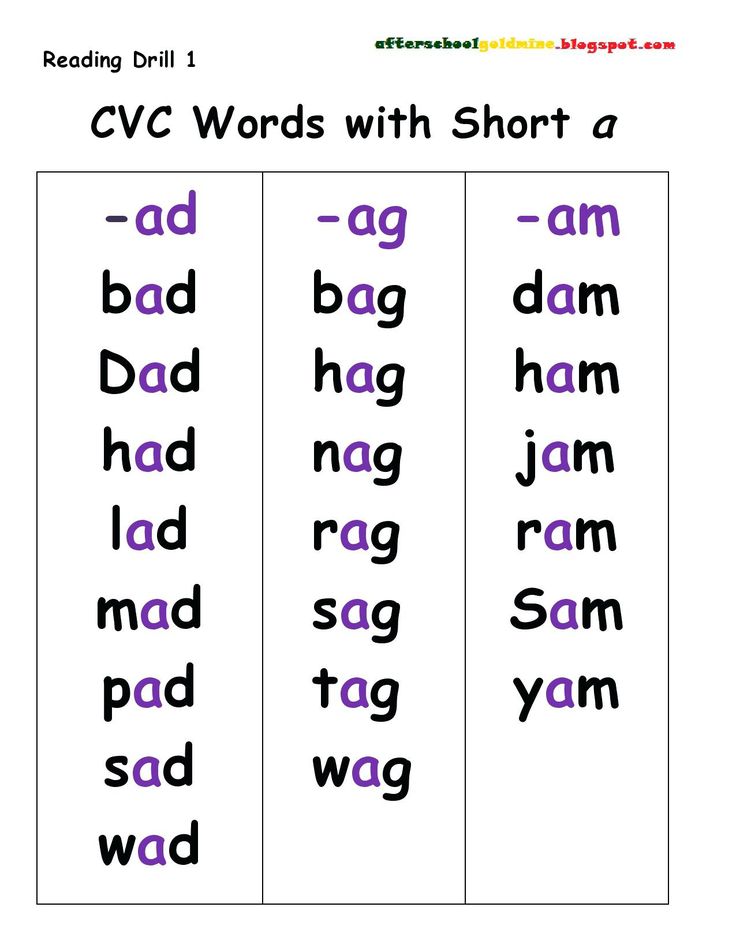
How to Spell Short O Words
Here are seven commonly used sound patterns used to make the short o sound, along with an example of a word using the sound pattern:
- o – got
- aw – law
- ho – honor
- au – auto
- a – all
- ough – thought
- augh – caught
As you can see, there are several very surprising ways in which to make a short o word using several different letter teams. It is helpful to know that most short o words are made with the letter o. The ‘au’ and ‘aw’ are also very popular letter teams that are used to make the short o sound. One rare way to spell this sound is with ‘as’, as in Arkansas. It is always fun and necessary to know and identify the other ways to write a short o word in order to read, write, and speak these words correctly.
List of Short O Words
The short o sound has many options in how it is spelled. Pay close attention to how your mouth makes the short o sound when saying some of these words that aren’t so obvious.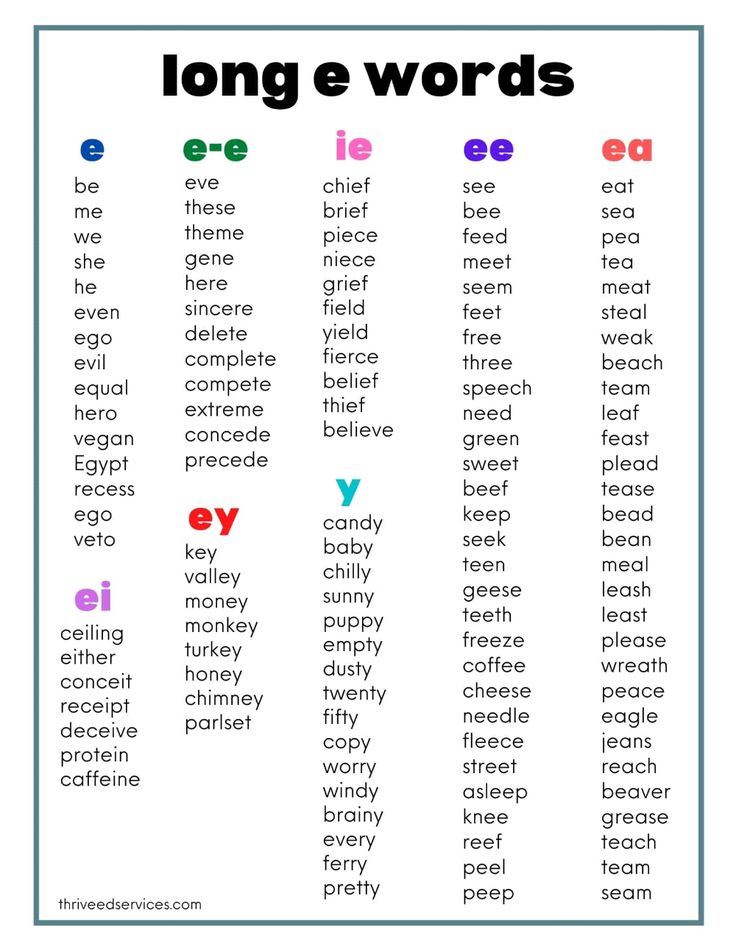
o
- bob
- cob
- log
- mob
- rob
- sob
- cod
- nod
- odd
- pod
- rod
- sod
- bog
- cog
- dog
- fog
- hog
- jog
- log
- mom
- bop
- cop
- hop
- lop
- mop
- pop
- top
- cot
- dot
- got
- hot
- jot
- lot
- not
- pot
- rot
- tot
- dock
- lock
- rock
- sock
- boss
- loss
- moss
- toss
- frog
- blog
- slob
aw
- awe
- awesome
- awful
- bawl
- brawl
- crawfish
- dawn
- fawn
- flaw
- hawk
- lawn
- yawn
- raw
- saw
- sawdust
- scrawl
- scrawny
- jaw
- law
- paw
- pawn
- caw
- claw
- draw
- flaw
- slaw
- spawn
- sprawl
- squawk
- gnaw
- thaw
- straw
- jigsaw
- outlaw
- seesaw
- withdraw
ho
- honor
- honorable
- honest
au
- audio
- audit
- auburn
- August
- author
- autumn
- applaud
- auction
- applause
- astronaut
- audience
- audition
- automatic
- automobile
- because
- cause
- clause
- caution
- exhaust
- fraud
- faucet
- gauze
- haul
- haunt
- launch
- laundry
- jaunt
- pause
- sauce
- sauna
- saucer
- trauma
a
- all
- call
- hall
- mall
- fall
- ball
- gall
- wall
- tall
- small
- stall
- recall
- squall
- appall
- befall
- overall
- pitfall
- icefall
- install
- oddball
- overall
- seawall
- drywall
- eyeball
- pinball
- gumball
- football
- landfall
- handball
- firewall
- meatball
- birdcall
- stonewall
- screwball
- whitewall
- curveball
- waterfall
- dodgeball
- basketball
ough
- cough
- ought
- fought
- trough
- thought
- brought
- wrought
augh
- caught
- naught
- naughty
- daughter
- onslaught
Short O Words | Image
Pin
Categories Vocabulary, WordsEnglish vowels ‹ engblog.
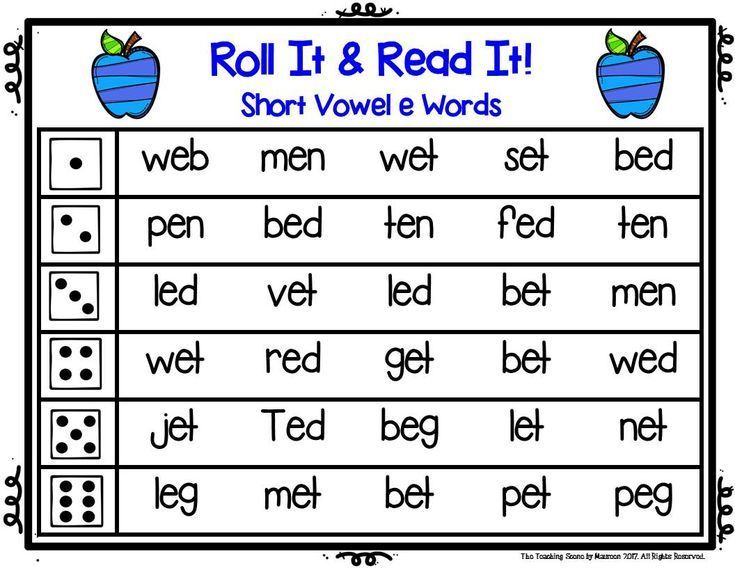 ru
ru Unlike the Russian alphabet, which has 33 letters ( letters ), English contains only 26. However, even with this number of letters, there are 44 sounds in English ( sounds ). All letters of English are divided into two groups: vowels ( vowels ) and consonants ( consonants ). Quantitatively, the first group is much smaller than the second. There are 20 consonants and only 6 vowels. This article is about vowels in English. Here are the letters that represent vowels: a , e , i , o , u , y . It should also be remembered that a sound is what we hear, and a letter is a sign by which we represent a certain sound. To record how a particular word or letter is read, there is a phonetic transcription. This is a system of signs, each of which expresses one sound.
English vowels are pronounced with an open mouth and can be sung. Also, vowels in English can be long ( long vowels ) and short ones ( short vowels ).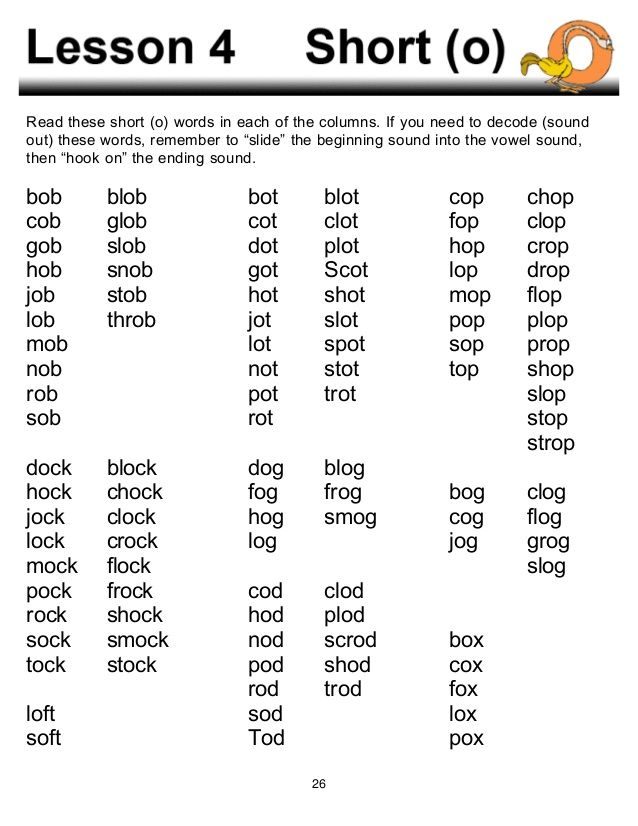 There are five short vowels, five long vowels, and eight more diphthongs ( diphthongs ). A diphthong is a combination of two vowels in one syllable. In English, it is very important to observe the brevity and longitude of vowel sounds, since the meaning of the word may depend on the length of the sound. For example: ship - sheep . In the first word, the sound i is short, and in the second the combination of vowels ee is also a sound i , long only. The translation of the first word is a ship, and the second is a sheep.
There are five short vowels, five long vowels, and eight more diphthongs ( diphthongs ). A diphthong is a combination of two vowels in one syllable. In English, it is very important to observe the brevity and longitude of vowel sounds, since the meaning of the word may depend on the length of the sound. For example: ship - sheep . In the first word, the sound i is short, and in the second the combination of vowels ee is also a sound i , long only. The translation of the first word is a ship, and the second is a sheep.
Short vowels in English are truncated stressed vowels. Long vowels in English are monophthongs. They are pronounced with constant articulation. In diphthongs, one of the sounds is stressed and forms a syllable. And the second is only its brief element.
Examples of short vowels in English:
- pot
- cup - mug
- pencil - pencil
- map - map
- mother - mother
Examples of long vowels in English:
- father - father
- bee - bee
- dawn - dawn
- soon - soon
Examples of diphthongs in English:
- fine – good
- bow - bow
- coat - coat
- fuel - fuel
If we are talking about letters, then the reading of vowels in English is directly affected by the type of syllable ( syllable ).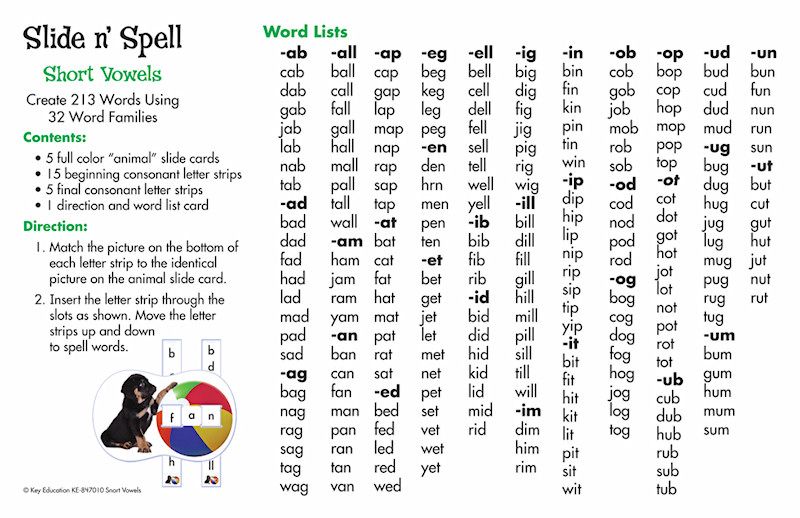 As you know, syllables are open ( open syllable ) and closed ( closed syllable ). The first one ends in a vowel, the second one ends in a consonant. Moreover, in English, a syllable ending in silent 9 is also considered an open syllable.0003 e . Usually short vowels are presented in closed syllables, and long in open ones. But this is not an axiom and not a rule.
As you know, syllables are open ( open syllable ) and closed ( closed syllable ). The first one ends in a vowel, the second one ends in a consonant. Moreover, in English, a syllable ending in silent 9 is also considered an open syllable.0003 e . Usually short vowels are presented in closed syllables, and long in open ones. But this is not an axiom and not a rule.
There are a lot of rules for reading vowels in English, and even knowing them, you can meet many exceptions, the reading of which should simply be remembered.
If you find an error, please highlight the text and press Ctrl+Enter .
Vowels and letters
Section menu
- Russian language
Signing of vowels
in Russian 10 vowels: 5 vowels of the first row A , O , U , E , s , which show the hardness of the previous consonant and 5 vowels of the second row , I , I , I , I , Y , Y , E , and , which show the softness of the preceding consonant.
In Russian there are 6 vowels A , O , U , E , I , Y .
In Russian, iotated letters Я , Е , Yo , Yu at the beginning of the word and after the vowel, as well as after ь and Ъ letters denote 2 sounds , Yu - [YU], E - [YE], Yo - [YO].
Let's get acquainted with each vowel
A - the vowel of the first row, which indicates the hardness of the consonant . Under stress [A] and without stress [A]. If the consonant sounds solid and [A] is heard after it, we write the letter A (small) . If the consonant sounds soft and [A] is heard after it, we write the letter I (small) . The exception is words with CHA, SCHA. We hear [I], and we write A.
The first letter of the alphabet. [A] is pronounced in the alphabet.
E - second row vowel, which denotes the softness of the consonant . Iotated. There is no [E] sound. The letter E can stand for different sounds depending on the location in the word and stress.
- If E is at the beginning of the word (spruce), after b and b (eat up), after the vowel (trip) , then it means 2 sounds [YE].
- Any iotized letter denotes 1 sound only if it comes after the consonant (forest) .
Here the letter E stands for the sound [E].
Option 1. Letter E under stress.
- If E is at the beginning of the word (raccoon), after b and b (drive up) , after the vowel (train) , then it means 2 sounds [II]. (Attention! Difficulty! It is better not to pay close attention to this position.
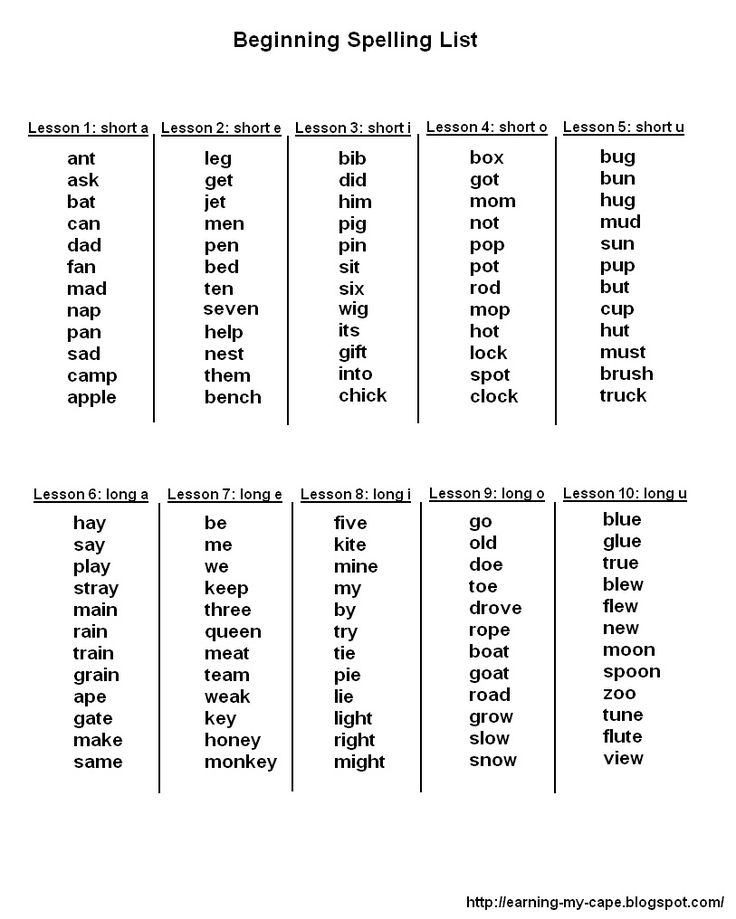 Because in fact, a sound appears that represents something in between [I] and [E] - reduction.)
Because in fact, a sound appears that represents something in between [I] and [E] - reduction.) - Any iotated letter denotes 1 sound only if it comes after the consonant (forest) . Here the letter E stands for the sound [I].
Option 2. Letter E without accent.
The sixth letter of the alphabet. [YE] is pronounced in the alphabet.
Yo - second row vowel, which denotes the softness of the consonant . Iotated. Attention! You can not put an accent on Yo, since Yo is always stressed. There is no [Yo] sound. The letter Ё can stand for different sounds depending on the location in the word.
- If Yo is at the beginning of the word (hedgehog) , after b and b (rise) , after the vowel (sings) , then it means 2 sounds [YO].
- Any iotized letter means 1 sound only if it comes after the consonant (dog) . Here the letter Ё stands for the sound [O].
The seventh letter of the alphabet.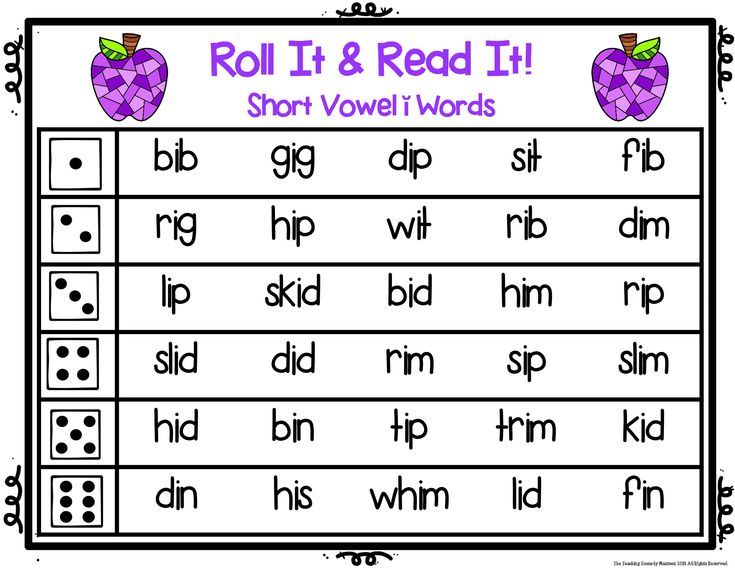 [YO] is pronounced in the alphabet.
[YO] is pronounced in the alphabet.
AND - second vowel, which indicates the softness of the consonant . Under stress [I] and without stress [I]. If the consonant sounds soft and after it [I] is heard, we write the letter And (rice) . The exception is words with combinations ZhI, SHI. We hear [Y], but we write I.
The tenth letter of the alphabet. [I] is pronounced in the alphabet.
О - the first row vowel, which indicates the hardness of the consonant . Under stress [O], and without stress [A]. If the consonant sounds solid and [O] is heard after it, we write the letter O (nose) . If the consonant sounds soft and after it is heard [O], we write the letter Yo (carried). Exception - went, silk
The sixteenth letter of the alphabet. [O] is pronounced in the alphabet.
Y - is the vowel of the first row, which indicates the hardness of the consonant .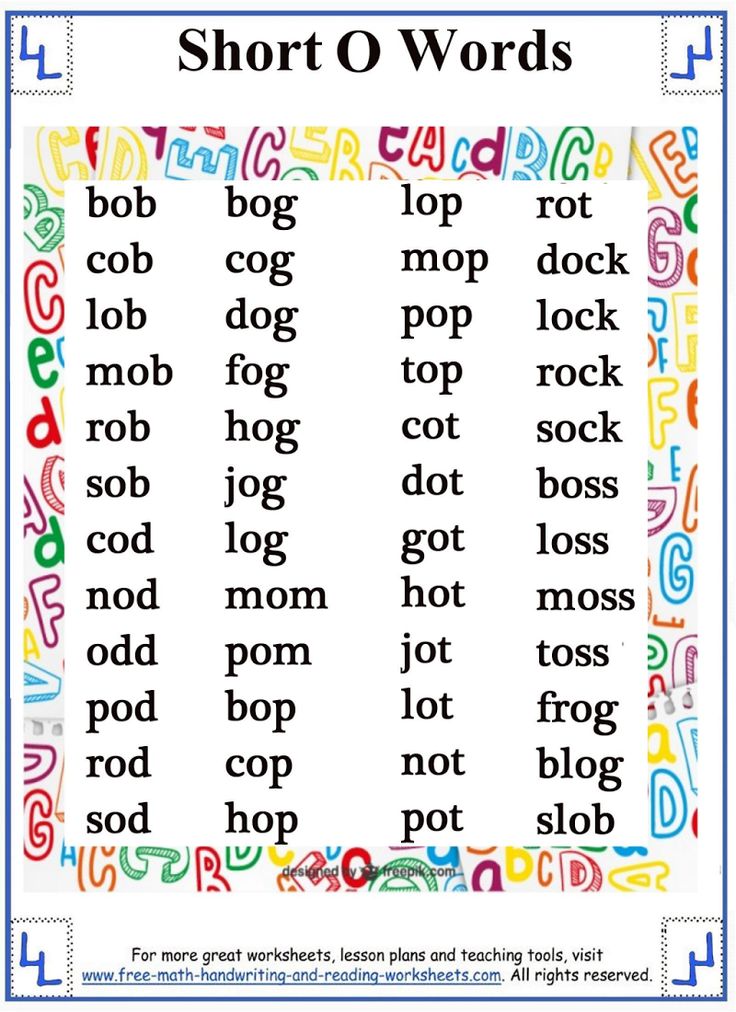 Under stress [U] and without stress [U]. If the consonant sounds solid and [U] is heard after it, we write the letter U (bow) . If the consonant sounds soft and [U] is heard after it, we write the letter Yu (Hatch) . The exception is words with combinations CHU, SCHU.
Under stress [U] and without stress [U]. If the consonant sounds solid and [U] is heard after it, we write the letter U (bow) . If the consonant sounds soft and [U] is heard after it, we write the letter Yu (Hatch) . The exception is words with combinations CHU, SCHU.
The twenty-first letter of the alphabet. [Y] is pronounced in the alphabet.
Ы - the first row vowel, which indicates the hardness of the consonant . Under stress [S] and without stress [S]. The letter Y is never at the beginning of a word. If the consonant sounds solid and [Y] is heard after it, we write the letter Y (son) . The exception is words with combinations ZhI, SHI. We hear [Y], and we write I.
The twenty-ninth letter of the alphabet. [Y] is pronounced in the alphabet.
E - the vowel of the first row, which indicates the hardness of the consonant . Under stress [E] and without stress [E].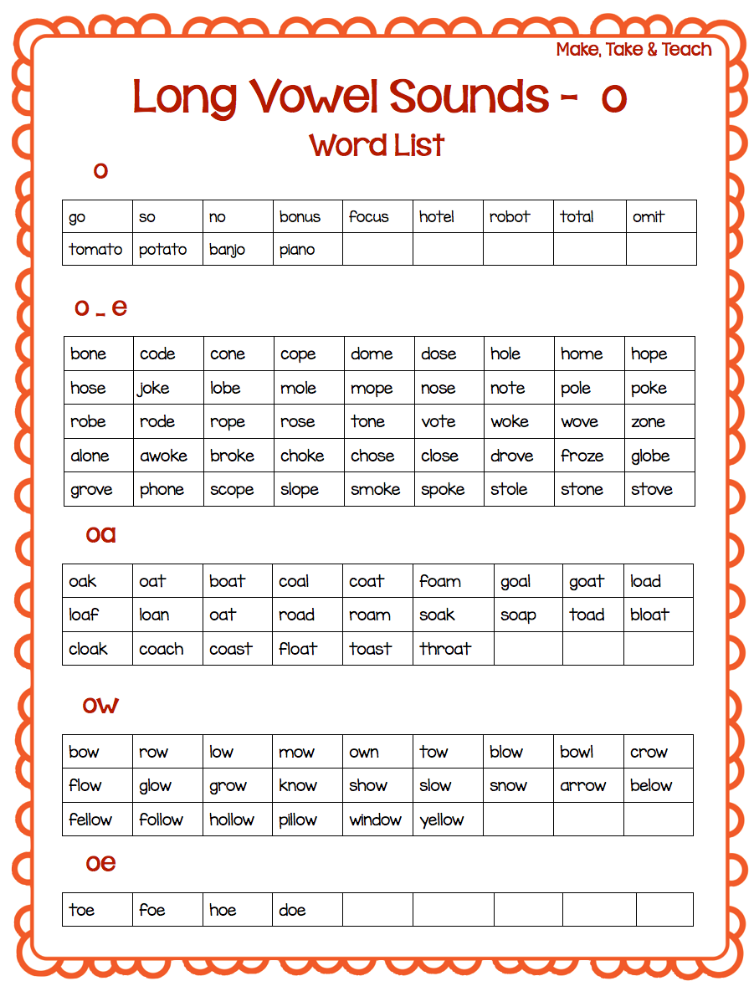 Usually the letter is written after the vowels (poet) or at the beginning of the word (echo) .
Usually the letter is written after the vowels (poet) or at the beginning of the word (echo) .
The thirty-first letter of the alphabet. [E] is pronounced in the alphabet.
Yu - is a vowel of the second row, which indicates the softness of the consonant . Iotated. There is no sound [Yu]. The letter Yu can stand for different sounds depending on the location in the word. The accent doesn't matter.
- If Yu is at the beginning of a word (yula), after b and b (drink) , after the vowel (sing) , then it means 2 sounds [YU].
- Any iotized letter denotes 1 sound only if it comes after the consonant (hatch) . The letter Yu stands for the sound [U].
Exception - words with combinations CHU, SCHU. We hear [Yu], and we write U (pike) .
The thirty-second letter of the alphabet. [YU] is pronounced in the alphabet.
I - is a vowel of the second row, which denotes the softness of the consonant .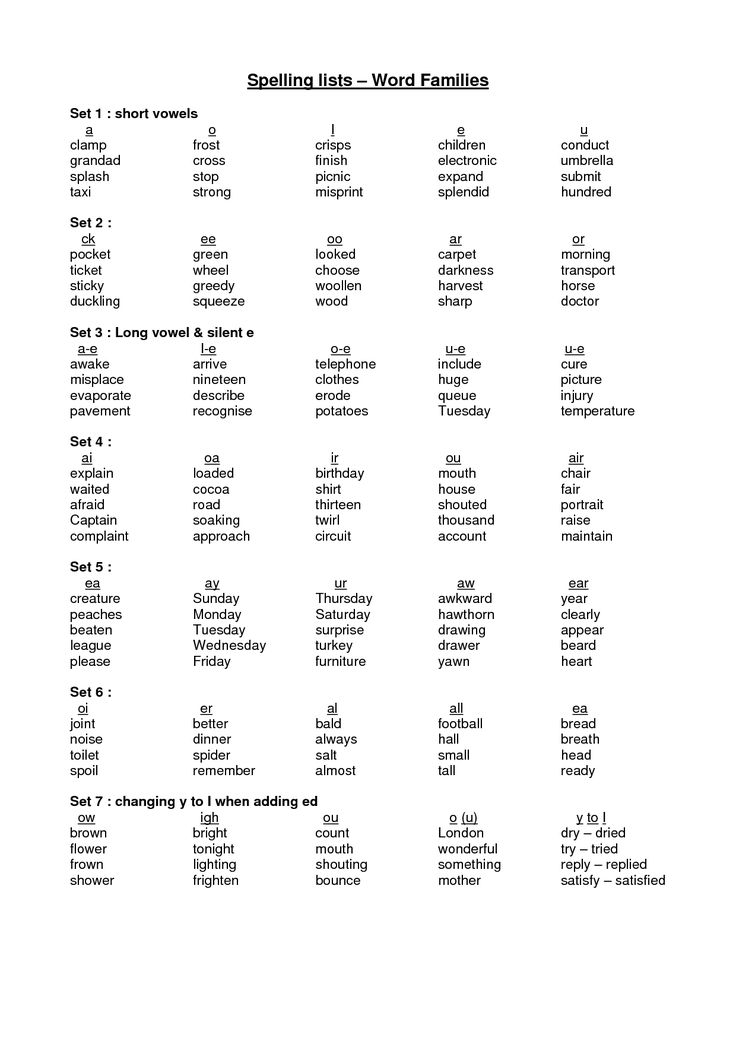 Iotated. The sound [I] does not exist. The letter I can stand for different sounds depending on the location in the word and stress.
Iotated. The sound [I] does not exist. The letter I can stand for different sounds depending on the location in the word and stress.
- If I is at the beginning of the word (coachman) , after b and b (weeds) , after the vowel (bayan) , then it means 2 sounds [YA].
- Any iotized letter denotes 1 sound only if it comes after the consonant (elm) . The letter I stands for the sound [A].
Option 1. The letter I is under stress.
- If I is at the beginning of the word (coachman) , after b and b (sarcastic) , after the vowel (appearance) , then it means 2 sounds [YA]. (Attention! Difficulty! It is better not to pay close attention to this position. Because in fact, a sound appears that represents a cross between [I] and [A]).
- Any iotized letter denotes 1 sound only if it comes after the consonant (meat) .
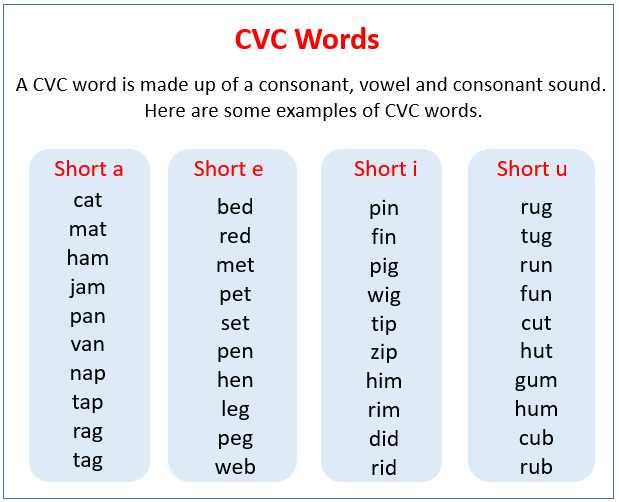
Option 2. The letter I without stress.


